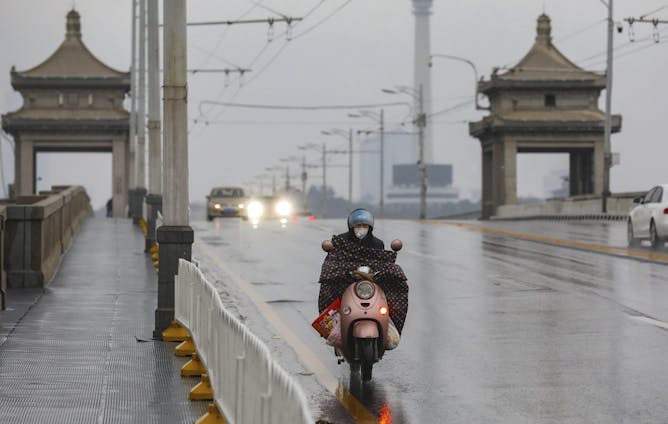|
Does your cat have facial expressions? Cat owners are quite convinced they do, and now researchers at the University of Guelph have used YouTube videos of cats to test people’s abilities to read feline facial expressions. The researchers edited the videos to short snippets that focused on the facial expressions of cats in various situations.
Lauren Dawson, a postdoctoral fellow on the project, was interested in seeing if viewers were able to correctly guess if the cats were responding positively or negatively to the situation they were in. Today in The Conversation Canada, Dawson writes that cats' faces are quite hard to read; however, a small section of respondents scored high marks. The cat whisperers were either women or people who worked in veterinary clinics. The research implies that you, too, can learn to decipher whether your kitty is delighted to see you or deeply
annoyed by reading its facial expressions.
Other compelling reads for you today, including two on the ongoing coronavirus crisis:
Regards,
|

Cats are capable of a expressing a wide range of emotions through facial expressions and body language.
(Shutterstock)
Lauren Dawson, University of Guelph
Research suggests that people can learn to read cats' facial expressions.
|

China’s tourism sector has been devastated by the latest coronavirus outbreak, but the impact is being felt around the world and in many industries.
(Shutterstock)
Marion Joppe, University of Guelph
The economic impacts of the new coronavirus on the travel and tourism industry will be felt in every corner of the world and almost every sector of the economy.
|

A motorcyclist rides across a bridge in Wuhan, China, in January 2020. The city as banned most vehicle use downtown in an effort to contain the spread of the novel coronavirus.
Chinatopix via AP, File
Yanqiu Rachel Zhou, McMaster University
Wuhan, China, the epicentre of the 2019-nCoV outbreak, is now under lockdown. What does that mean for its 11 million citizens, and for the rest of the world?
|

If we’re not careful, water may not be clean enough or available when we need it.
(Shutterstock)
Corinne Schuster-Wallace, University of Saskatchewan; Robert Sandford, United Nations University; Stephanie Merrill, University of Saskatchewan
The water that replenishes groundwater, rivers and lakes is under threat from climate change, pollution and aging infrastructure.
|
La Conversation Canada
|
-
Alain A. GRENIER, Université du Québec à Montréal (UQAM)
On peut réglementer les usages et les pratiques du tourisme d'aventure, en rendant les accidents exceptionnels. Mais en voulant trop réglementer l’aventure, c’est elle que l’on finit par tuer.
|
|
|
|
Culture + Society
|
-
Edward R. Hirt, Indiana University
A social psychologist explains how you can be so deeply affected by the death of someone you've never met.
|
|
Politics
|
-
Mulugeta G Berhe (PhD), Tufts University
Abiy's administration should stop talking about reform and liberalisation and focus instead on stopping the country from sliding into disarray
|
|